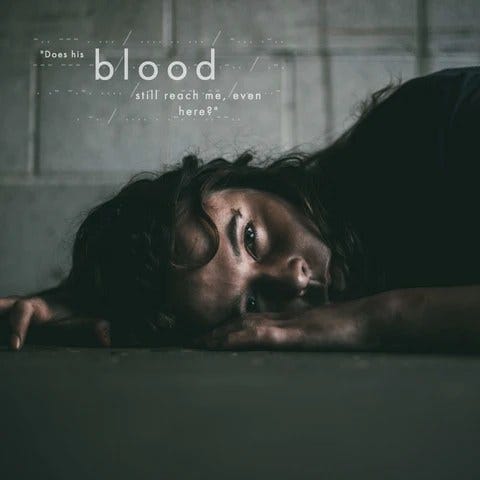Where is God in the midst of so much suffering?
Words from persecuted believers and an excerpt from We Are the Body
How can we live our faith in a time of great difficulty? What can we do for those who are persecuted because of their faith? To ask these questions means above all questioning ourselves about the meaning of our faith. In order to be able to speak about the time of persecution, Christians must really know their own faith.
These words from Amel Shamon Nona…



